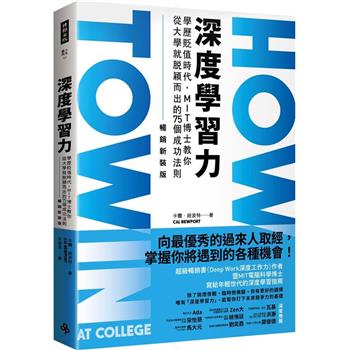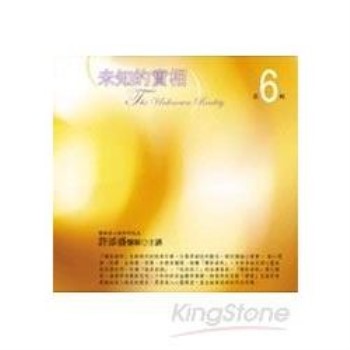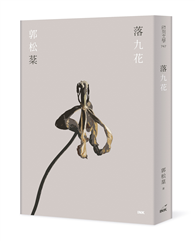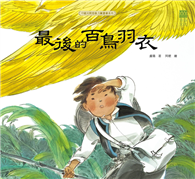| FindBook |
有 1 項符合
Prisoner of the State: The Secret Journal of Zhao Ziyang的圖書 |
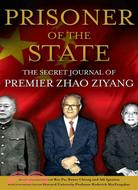 |
Prisoner of the State: The Secret Journal of Zhao Ziyang 作者:Bao Pu(EDT) 出版社:Simon & Schuster 出版日期:2009-05-19 |
| 圖書館借閱 |
| 國家圖書館 | 全國圖書書目資訊網 | 國立公共資訊圖書館 | 電子書服務平台 | MetaCat 跨館整合查詢 |
| 臺北市立圖書館 | 新北市立圖書館 | 基隆市公共圖書館 | 桃園市立圖書館 | 新竹縣公共圖書館 |
| 苗栗縣立圖書館 | 臺中市立圖書館 | 彰化縣公共圖書館 | 南投縣文化局 | 雲林縣公共圖書館 |
| 嘉義縣圖書館 | 臺南市立圖書館 | 高雄市立圖書館 | 屏東縣公共圖書館 | 宜蘭縣公共圖書館 |
| 花蓮縣文化局 | 臺東縣文化處 |
|
|
- 圖書簡介
"Zhao may be more dangerous in death than he was in life."
-- TimeHow often can you peek behind the curtains of one of the most secretive governments in the world? Prisoner of the State is the first book to give readers a front row seat to the secret inner workings of China's government. It is the story of Premier Zhao Ziyang, the man who brought liberal change to that nation and who, at the height of the Tiananmen Square protests in 1989, tried to stop the massacre and was dethroned for his efforts.
When China's army moved in, killing hundreds of students and other demonstrators, Zhao was placed under house arrest at his home on a quiet alley in Beijing. China's most promising change agent had been disgraced, along with the policies he stood for. The premier spent the last sixteen years of his life, up until his death in 2005, in seclusion. An occasional detail about his life would slip out: reports of a golf excursion, a photo of his aging visage, a leaked letter to China's leaders. But China scholars often lamented that Zhao never had his final say.
As it turns out, Zhao did produce a memoir in complete secrecy. He methodically recorded his thoughts and recollections on what had happened behind the scenes during many of modern China's most critical moments. The tapes he produced were smuggled out of the country and form the basis for Prisoner of the State. In this audio journal, Zhao provides intimate details about the Tiananmen crackdown; he describes the ploys and double crosses China's top leaders use to gain advantage over one another; and he talks of the necessity for China to adopt democracy in order to achieve long-term stability.
The China that Zhao portrays is not some long-lost dynasty. It is today's China, where the nation's leaders accept economic freedom but continue to resist political change.
If Zhao had survived -- that is, if the hard-line hadn't prevailed during Tiananmen -- he might have been able to steer China's political system toward more openness and tolerance.
Zhao's call to begin lifting the Party's control over China's life -- to let a little freedom into the public square -- is remarkable coming from a man who had once dominated that square. Although Zhao now speaks from the grave in this moving and riveting memoir, his voice has the moral power to make China sit up and listen.
|
